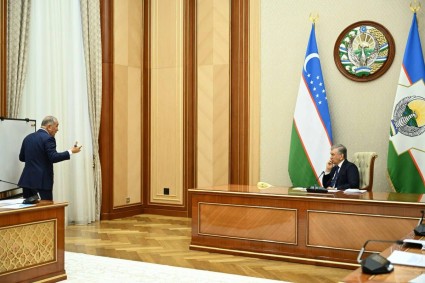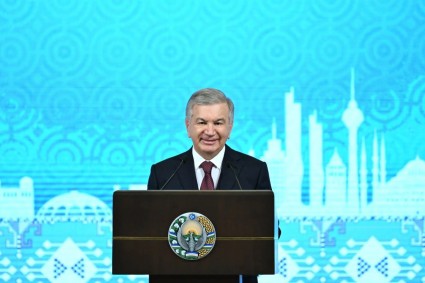Uzbekistan welcomes the decision of the international coalition Cotton Campaign to lift the boycott of Uzbek cotton.
On March 10, the Cotton Campaign lifted the boycott, which had been in place for more than 12 years, due to the lack of systematic child and forced labor during the 2021 cotton harvest. Earlier, International Labor Organization recognized that Uzbekistan had put an end to systematic child and forced labor in the cotton industry.
“All this indicates that the reforms carried out by President Shavkat Mirziyoyev to exalt the honor and dignity of a human will be resolutely continued and have become irreversible,” said Sherzod Asadov, the spokesman to the head of state.
Chairwoman of the Senate and Chairperson of the National Commission for Combating Trafficking in Human Beings and Forced Labor Tanzila Narbayeva called the decision a "historic event."
“This achievement became possible thanks to the firm political will of the President of the Republic of Uzbekistan, as well as the comprehensive efforts carried out by the National Commission on Combating Forced Labor together with the ILO and tripartite partners, with the active participation of civil society,” she wrote.
With the lifting of the boycott, the last major obstacle to expanding the export of cotton products from Uzbekistan to the world market, as well as attracting foreign investment in the textile industry, is removed, the senator added.
Minister of Employment and Labor Relations Nozim Khusanov said that attempts to lift the boycott were made, first of all, "for the people."
The head of the Ministry of Labor offered the Cotton Campaign cooperation in the areas of construction, trade and services, and not just in the textile industry.
In response to a 2009 petition by Uzbek civil society activists (according to other sources, a boycott was declared in 2006) calling for a boycott of Uzbek cotton, foreign companies began to make individual commitments, and the Cotton Campaign announced a boycott of Uzbek cotton. Since then, 331 brands and retailers, including Gap, H&M, Levi Strauss&Co, Tesco, Walmart, C&A and others, have pledged to boycott Uzbek cotton.
“After convincing hundreds of companies over the past 12 years not to buy Uzbek cotton, we are happy to announce that the time has come to release this obligation. It is now up to companies to conduct labor rights assessments and make purchasing decisions in Uzbekistan,” said Patricia Yurevich, CEO of the Responsible Sourcing Network and co-founder of the Cotton Campaign.















